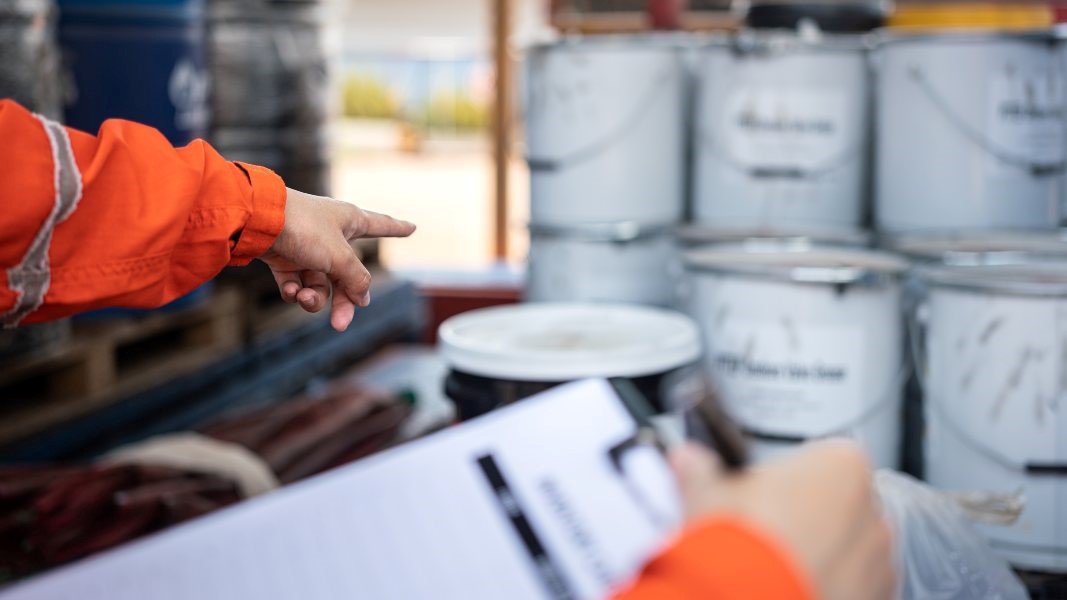Turning Industrial Waste into Valuables

Industrial waste often ends up in landfills, but it doesn’t have to be this way. Innovative waste-to-value solutions are shifting the waste disposal paradigm, allowing industrial companies to transform their waste into valuable resources. The emerging recycling opportunities and waste-to-product technologies make this an exciting time for anyone willing to think outside the box.
The Promise of Industrial Waste Recycling
Disposal is the least favored option for handling waste. Recycling, or reprocessing scrap materials into new products, is fundamentally superior. Here’s what makes industrial waste recycling so beneficial:
- Conserve resources: Recycling conserves natural resources by reusing materials that would otherwise be discarded. For instance, recycling aluminum saves up to 95% of the energy required to produce new aluminum from raw materials.
- Protect the environment: Recycling cuts down on mining and deforestation to acquire raw materials. This preserves ecosystems and biodiversity while reducing carbon emissions associated with these practices.
- Benefit economically: Recycling is often more cost effective than traditional waste disposal methods. It also opens new revenue streams from the sale of recycled materials, contributing to a circular economy. The market at large also benefits from job creation in the recycling and manufacturing industries.
- Reduce landfill use: Diverting waste from landfills helps manage waste more sustainably and reduces the environmental impact of landfill sites, which can leach toxic substances into the soil and groundwater.
Waste Conversion Technologies
Several technologies are driving the transformation of industrial waste into valuable products. These include:
- Pyrolysis: This process involves heating organic waste in the absence of oxygen to produce oil, gas, and char. Pyrolysis can handle various waste types, including plastics and tires, converting them into fuels and other useful byproducts.
- Gasification: This technology converts organic waste into synthetic gas (syngas), which can be used to generate electricity or produce chemicals. It is particularly effective for processing biomass and municipal solid waste.
- Composting: Organic waste, such as food scraps and yard trimmings, can be converted into nutrient-rich compost for use in agriculture and landscaping. Composting reduces the volume of organic waste and enriches soil health.
- Mechanical recycling: This involves grinding plastic, metal, rubber, and other solid waste into small pellets that can be remolded into new products. Mechanical recycling reduces the demand for virgin materials and lowers the environmental footprint of everyday products.
- Chemical recycling: This process breaks down plastics into their chemical components for reuse in new products. Chemical recycling can handle contaminated or mixed plastics that are difficult to recycle mechanically.
- Biotechnological processes: Microorganisms can be used to convert organic waste into biofuels and bioplastics. These processes are environmentally friendly and reduce reliance on fossil fuels.
- Thermal technologies: Certain high-temperature processes can convert waste into energy and raw materials. For example, incineration with energy recovery technology can process large volumes of waste, generating electricity and heat as a result.
Industrial Waste Upcycling
Upcycling transforms waste materials into products of higher value. This concept is gaining traction as companies look to differentiate themselves with sustainable practices. Eco-friendly products made from upcycled materials are increasingly popular with consumers, driving demand and profitability for businesses engaged in industrial waste upcycling. Examples of industries that use upcycled products include:
- Construction: Recycled concrete, wood, and metal are often used in construction projects. Even leftover fabric from the textile industry can be repurposed into building insulation, reducing the demand for virgin materials and lowering construction costs. Upcycled materials can also offer unique aesthetics and structural benefits.
- Fashion: Companies create stylish items like bags, shoes, and clothing from recycled materials, promoting the adoption of unique, sustainable fashion.
- Home furnishings: Designers create furniture and home decor items from repurposed industrial waste, such as wood pallets, scrap metal, and plastic. These products reduce waste and offer a distinctive rustic charm that appeals to environmentally conscious consumers.
- Jewelry: Discarded electronics contain valuable metals like gold, silver, and copper. These metals can be extracted and used to create unique pieces of jewelry.
- Concrete and asphalt: Crushed glass bottles, fly ash from coal combustion, shredded plastic waste, and crushed brick or concrete from demolished buildings can be used as an aggregate in concrete and asphalt.
- Playground surfaces: Used tires and other rubber waste can be ground down and repurposed as resilient surfaces for playgrounds and sports fields. This diverts rubber from landfills and creates a shock-absorbing surface for safer play.
Support for Turning Waste into Resources
Several opportunities exist for businesses to capitalize on waste-to-value solutions, including:
- Regulatory support: Some governments incentivize waste recycling and upcycling through favorable policies and subsidies. Tax credits and grants encourage businesses to invest in waste valorization technologies.
- Public-private partnerships: Collaborations between public agencies and private companies enhance waste management infrastructure and technologies. Such partnerships facilitate the sharing of resources and expertise, leading to more efficient waste processing.
- Investment in technology: Investing in advanced recycling and upcycling technologies improves efficiency and product quality. Companies that adopt cutting-edge technologies are more likely to stay ahead of competitors and capitalize on emerging market trends.
- Consumer education: Raising awareness about the benefits of recycled and upcycled products drives market demand. Acceptance and adoption rates are expected to climb as more consumers understand the environmental and economic advantages of sustainable products.
Contact EnviroBEE
At EnviroBEE, we are dedicated to helping our industrial clients turn waste into valuable resources. Our reliable cleanup company serves the Carolinas and Virginia with over 20 years of experience in hazardous and industrial waste removal. Our commitment to expanding our reach and expertise ensures we meet all environmental and safety standards. Contact us today for safe and effective industrial waste management in Fayetteville and Raleigh, NC.
